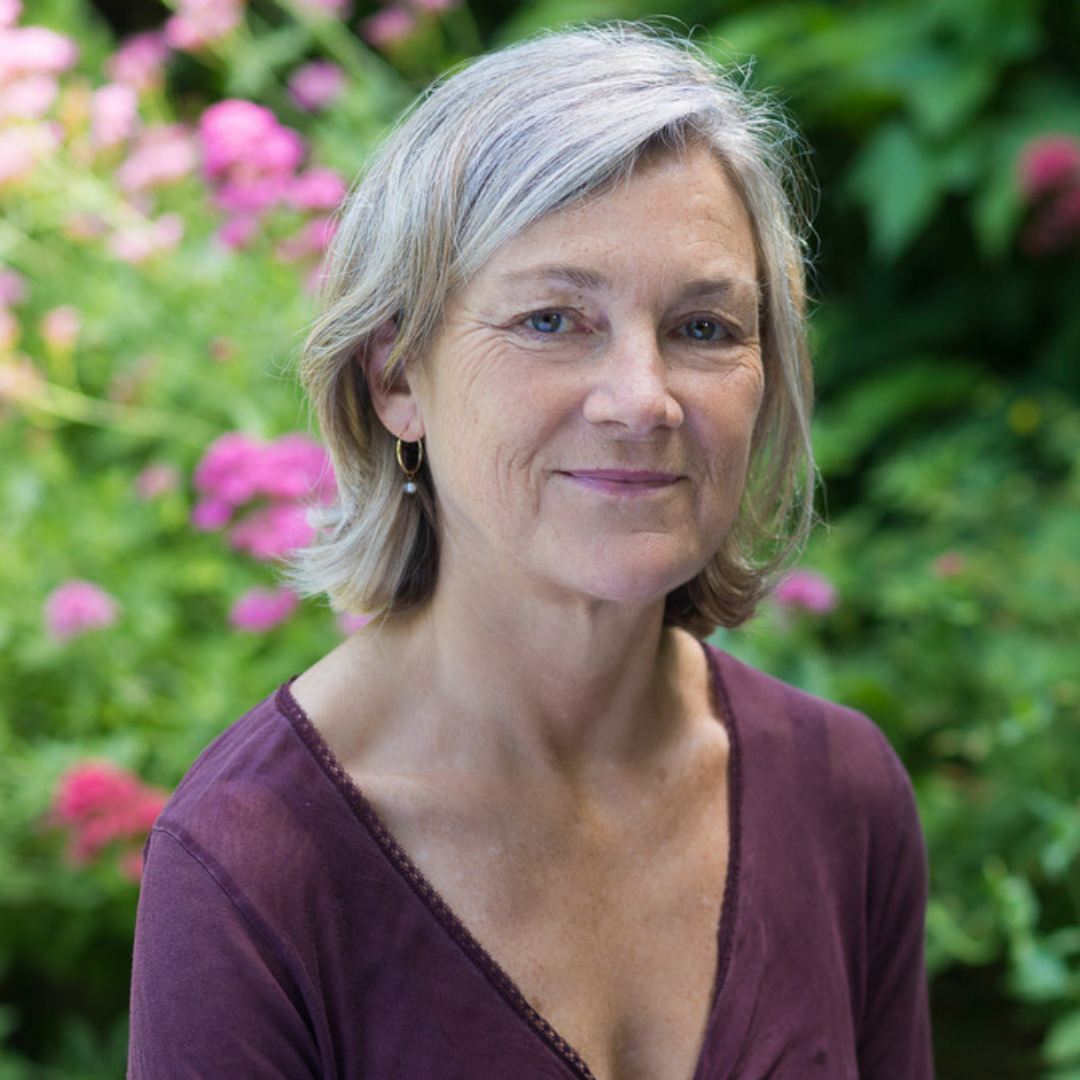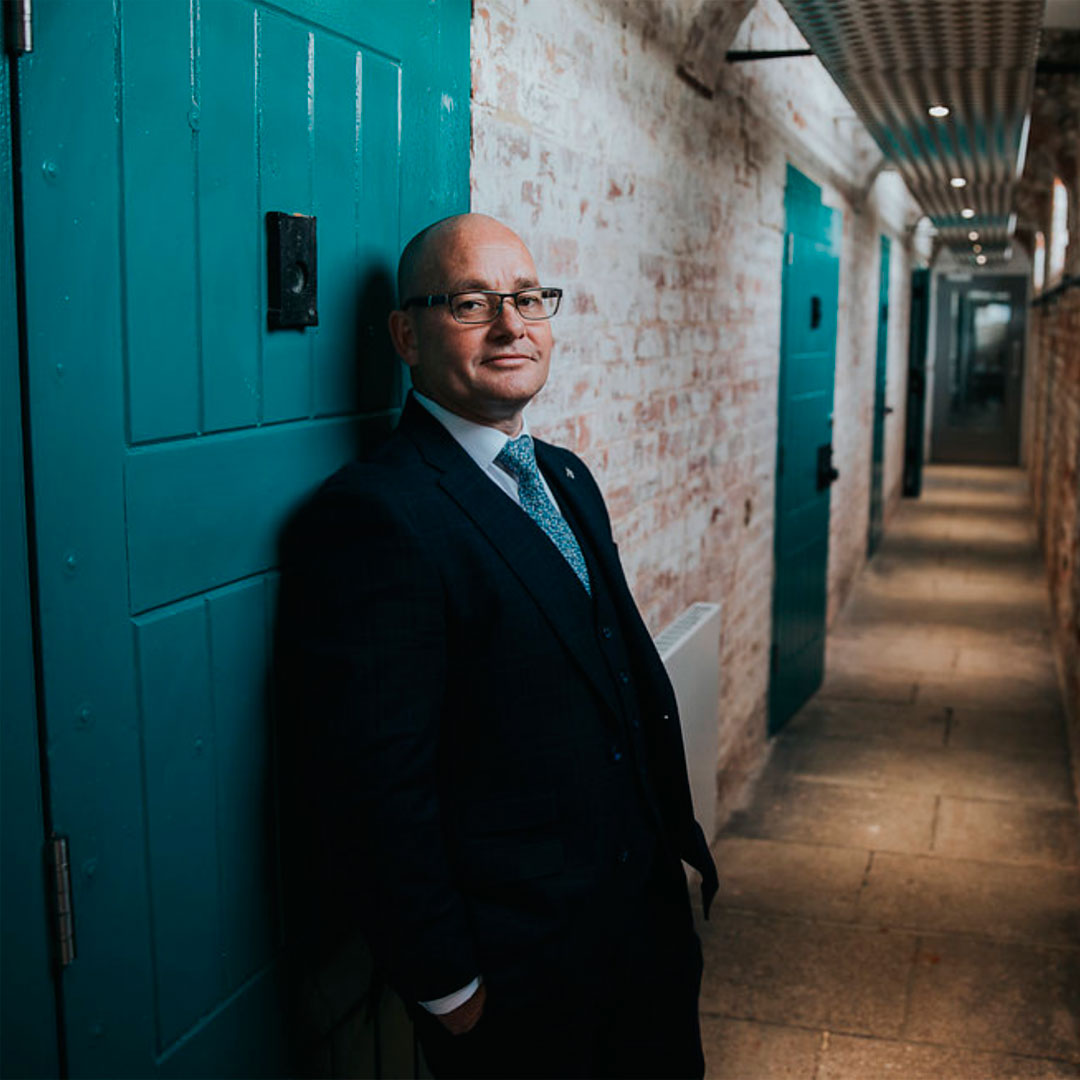David Rogers with wife Pat and his late son Adam
In May 2009, at the age of 24, Adam Rogers moved back to his parents’ home in Blackburn. One Saturday evening, just after his parents had left for a two week holiday in Malta, Adam got punched in the head protecting his friend from a random attack. He died in intensive care the following day. Just over two years later Adam’s father, David Rogers, met Billy – the 16-year-old who had killed his son.
It was six o’clock in the morning when the phone went in Malta. It was Adam’s younger brother Jamie calling from the hospital telling us Adam had been attacked and was very seriously injured. We managed to get the only flight back, and were at the hospital by lunchtime. Adam was in critical care, and looked so peaceful, as if he could wake up at any moment. It was very hard.
The medical staff had waited for us to get back to do any final tests. When they’d done the tests they told us there was no brain activity, and that he was just being kept alive by machines.
We knew immediately we were in a very dark place and that we had to do something positive, or this would destroy us. The first thing that happened was that the doctors asked us if we would speak to the transplant team, and I remembered Adam filling in his first application for a drivers license and saying he would want to be a donor. It was our first chance to ensure that something good came from Adam’s death.
Over the next few days we started to think of ways to channel our anger and grief into something that could do some good. We felt it was important to try and get a message across to young people that incidents like the one that led to Adam’s death are senseless and avoidable. We decided that we would use Adam’s story as the basis of an education package and we called our campaign ‘Every Action Has Consequences’.
More or less at the same time I came to a very personal decision. Straight after Adam died I told the Police that I wanted to meet the boy – Billy – who had hit him. I needed to confront Adam’s attacker. I wanted him to know how angry I was at the way he had behaved that night. I also wanted him to know the added pain he had caused us by pleading not guilty and painting a picture of Adam that wasn’t true.
While Billy had admitted straight away he’d punched Adam, he also said Adam had threatened him. In Court he denied it was manslaughter, and claimed he acted in self-defence. This only added to our anger and grief, because everyone who knew Adam knew he had never been in a fight in his life.
When I first asked to meet Billy I didn’t hold out much hope that he’d agree. But as the news began to filter through about the progress he was making in prison, I learned that he now wanted to meet me in order to apologise. I wrote to him before we met, and he wrote back saying he was willing to answer any questions I had. This was important to me because as well as confronting him, there were questions I wanted to ask about things that hadn’t come out at the trial. I wanted to understand why anyone could ever feel threatened by Adam.
The restorative justice meeting took place in the prison while Billy was still serving his sentence and it gave me the opportunity to confront Billy with the impact his actions had had not only on all the family but also on Adam’s friends, especially those who were with him that night. I think that surprised him, as he hadn’t thought about the wider consequences.
It was very important to me that Billy knew who Adam was, because that hadn’t really come out at the trial. So I took photographs along and told him about how Adam had lived his life. After the meeting, I felt I understood much more about what exactly had happened that night which was very helpful in that it diffused the anger. I can now think about Billy without getting angry, and that makes a difference.
Someone once said to me: to understand everything is to forgive everything and I do believe understanding is very important.
There are some people who find it hard to understand why I wanted to meet Billy. There is still a lot of anger around among friends and family, but everyone, whatever their personal views, agrees that Adam would have wanted me to do this. Adam always looked for the best in people.
I hope the meeting has had a positive effect on Billy. I hope it’s helped him to face up to his responsibility in what happened, and to put his life back together. My wife and I both said after the trial, Adam’s life is gone, but we don’t want to see another life ruined.




